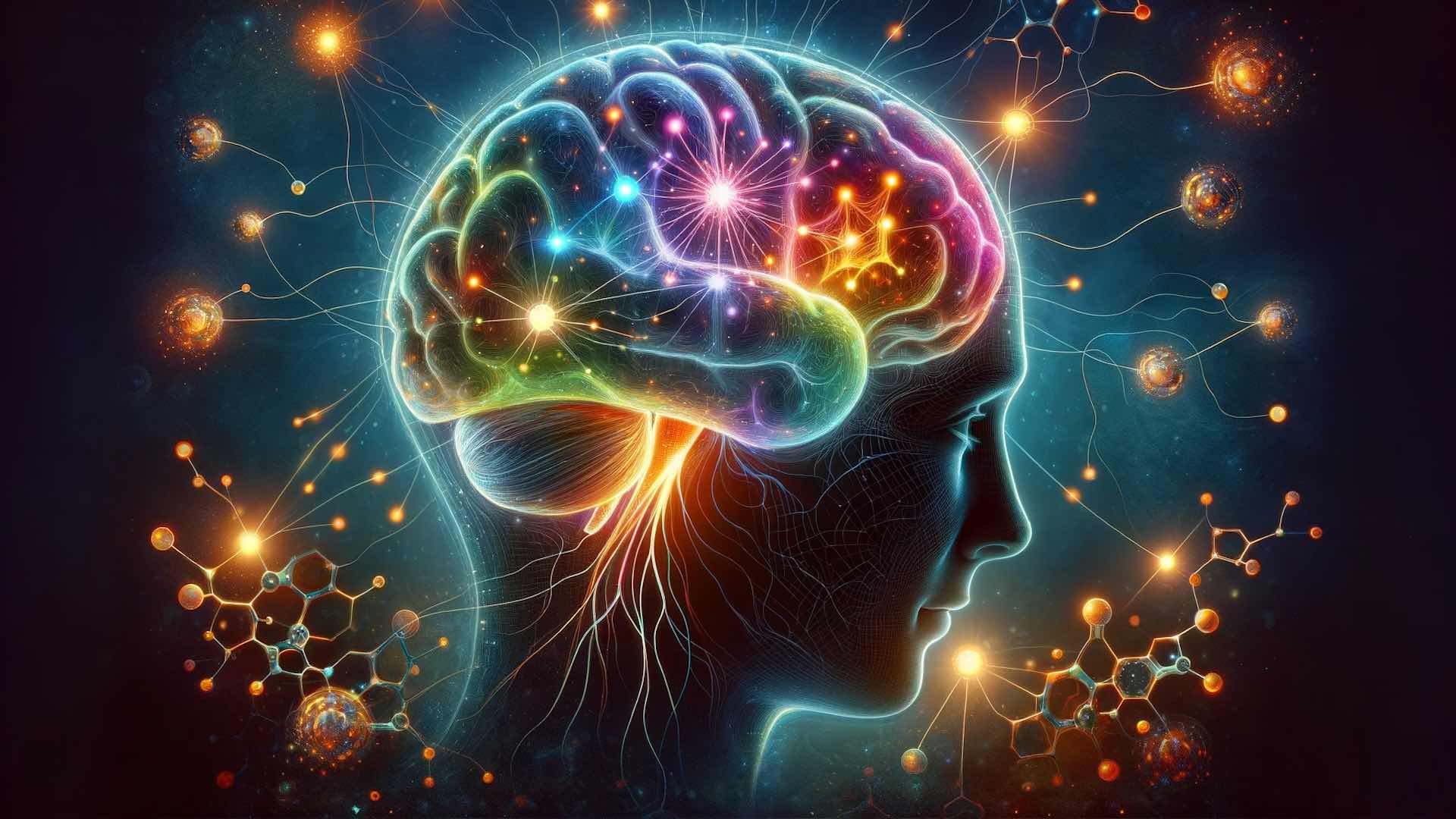In a groundbreaking study, scientists have uncovered evidence suggesting that ketamine, commonly used as an anesthetic and analgesic, may significantly enhance cognitive function in individuals suffering from treatment-resistant depression. This discovery, detailed in the Journal of Affective Disorders, offers new hope in the battle against a condition that affects millions globally. Depression, a debilitating mental health disorder characterized by profound sadness and a lack of interest in daily activities, affects approximately 322 million people worldwide, according to the World Health Organization.

While traditional treatments typically involve therapy, medication, and lifestyle changes, a staggering 30% of individuals do not respond to conventional therapies, falling into the category of having treatment-resistant depression. This group faces a higher risk of disability and suicide, underscoring the urgent need for effective treatment alternatives. Ketamine’s potential in treating treatment-resistant depression has gained significant attention in recent years.
Administering sub-anesthetic doses of ketamine has been shown to alleviate depressive symptoms in 60%-70% of individuals who have not responded to standard treatments. Furthermore, emerging research suggests that ketamine may also address cognitive impairments associated with depression. The study, led by Artemis Zavaliangos-Petropulu and colleagues, aimed to explore the impact of low-dose ketamine infusions on cognitive functions such as executive function, attention, language processing, and memory in individuals with treatment-resistant depression.
The research involved 66 adults, aged 20 to 64, who had not responded to at least two antidepressant treatments and were experiencing moderate to severe depressive symptoms. Participants received four ketamine infusions (0.5 mg/kg) over a 14-day period. Their cognitive abilities were assessed using the NIHToolbox Cognition Battery neurocognitive assessment at three intervals: 24 hours after the first and fourth infusions, and five weeks following the final infusion.
The results were promising. Participants demonstrated significant improvements in working memory, processing speed, episodic memory, and overall neurocognitive test performance. These improvements were not only evident immediately after the treatment but also persisted five weeks post-treatment. Additionally, while depression symptoms decreased after the ketamine treatments, they began to increase again by the five-week mark.
The study’s authors highlighted the cognitive safety and lasting procognitive effects of ketamine treatment. However, they also noted limitations, including the absence of a control group and the fact that participants were aware of the treatment they were receiving. These factors limit the ability to draw definitive cause-and-effect conclusions. This study marks a significant stride in understanding the antidepressant and cognitive-enhancing effects of ketamine. It opens new avenues for research and treatment options for those grappling with treatment-resistant depression, a condition that continues to challenge mental health professionals worldwide.
